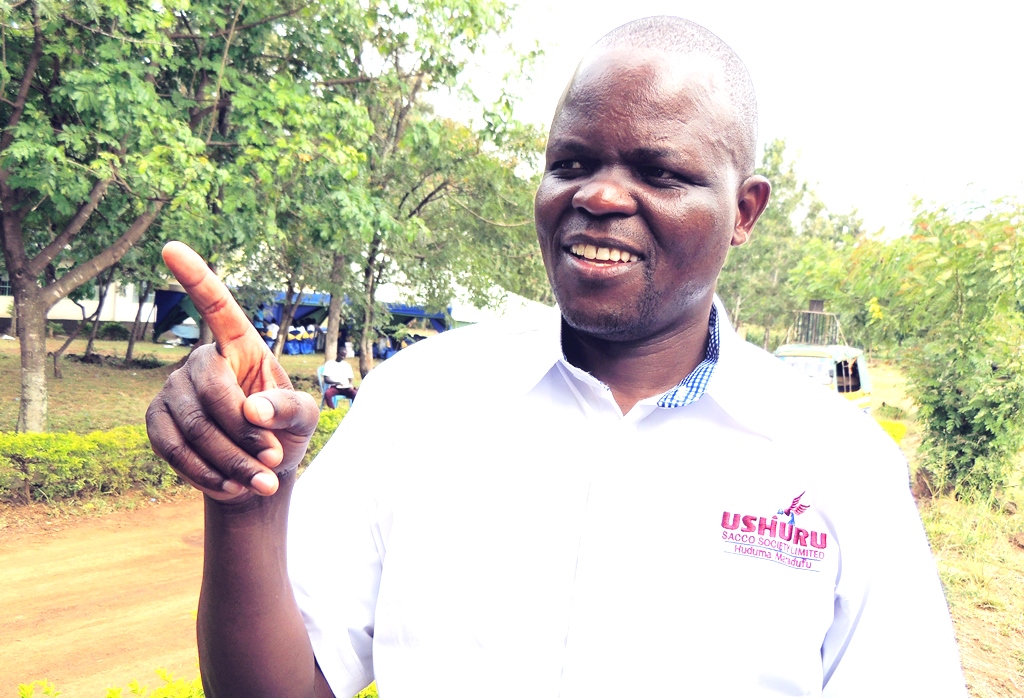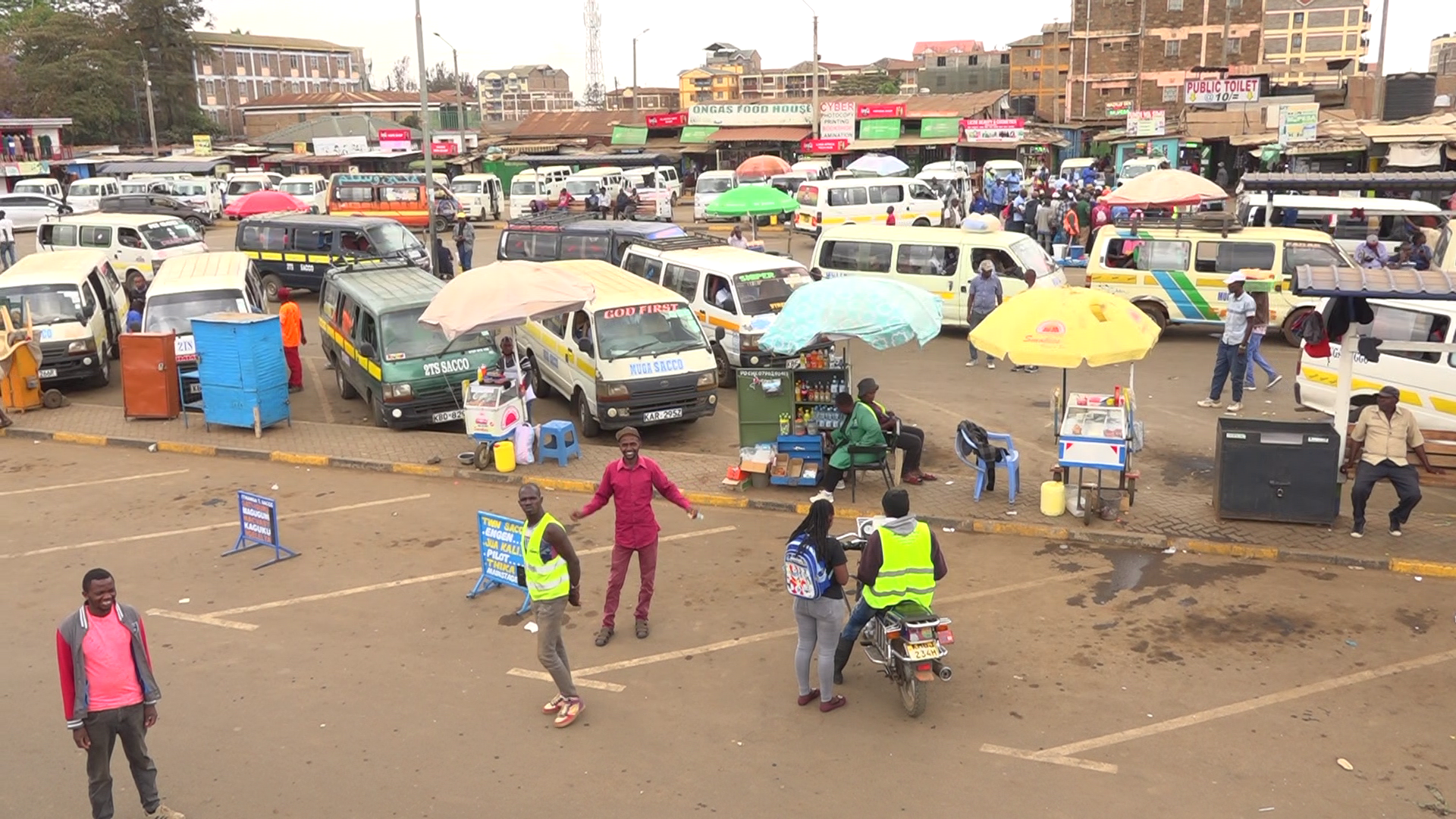Inadequate supply of affordable housing, high incidental costs, slow property registration and titling process and high cost of land for construction have been identified as some of the reasons most Kenyans are unable to own modern houses, a new report has shown.
According to Kenya Mortgage Refinance Company (KMRC) 2022 Annual Integrated Report and Financial Statements released in June this year, Kenya still grapples with a huge housing demand and supply gap.
The report states that the country’s annual housing demand stands at 250,000 units with an estimated supply of 50,000 units, and a housing deficit of 2 million units hence posing a challenge of inadequate supply of affordable housing.
It is estimated that only 2 per cent of the formally constructed houses target lower-income families, with about 65 per cent of urban families having to cope in informal settlements.
At the same time, the report notes that the cost of land makes up between 40 and 60 per cent of the total cost of a housing unit, which makes the delivery of affordable housing costly and thus unaffordable to many Kenyans.
Due to high incidental costs, an additional 6 per cent is added to the cost of the property to cover stamp duty, legal fees, valuation fees, and facilitation fees.
According to the report, most developers are compelled to build their own infrastructure to draw customers, but they pass down the cost to the end user by offering homes at exorbitant prices, a situation that makes it costly for most Kenyans hence complicating their house purchase ambitions.
The report states that property registration is a bottleneck that is establishing hurdles for home ownership, since different departments and government agencies involved are encouraging corruption resulting in unnecessary cost implications for homeowners.
Many Kenyans are also unaware of incentives like stamp duty exemption for first-time home buyers and mortgage relief for borrowers from Saccos meant to accelerate home ownership.
In March this year, Co-operatives and Micro, Small and Medium Enterprises (MSMEs) Development Cabinet Secretary Simon Chelugui revealed that those who will be buying houses and homes through Saccos for the first time will now start enjoying tax relief of up to Ksh25, 000 on their monthly salary starting from July this year.
This was as a result of the amendment of the Income Tax Act which will be part of the Statute Law (Miscellaneous Amendments) Bill to be tabled before the National Assembly.
The move is geared towards extending mortgage reliefs to Sacco members who get loans to improve, build or buy homes for their own use, with the CS noting that in the future, he wants to see Saccos offering long-term loans to their members just like any other financial institution like banks.
He urged Saccos to position themselves to provide more access to affordable mortgage finance in order to enable more Kenyans own more decent homes.
During the 101st Ushirika Day celebrations, President William Ruto acknowledged that through partnerships with the KMRC and offering personal loans and housing development facilities, Saccos are emerging as pioneers in the affordable housing sector.
According to KMRC annual report on housing impact metrics, the total number of mortgages re-financed as at December 31, 2022 was 2,522 with people impacted by financing or refinancing being 10,088.
In terms of affordability, based on the 2022 Central Bank of Kenya Annual Report, the average interest rate on commercial mortgages was 12.1 per cent compared to an average mortgage interest rate of 9.5 per cent on KMRC-funded mortgages advanced by participating banks and Saccos with an average maturity tenor of 9.9 years.
As at December 31, 2022, four (4) out of eleven (11) Saccos had accessed funding from KMRC while 45 per cent of the mortgage loans refinanced were extended to women, with 9 out of 20 primary mortgage lenders refinanced as at December 31, 2022.
In 2023/2024 Financial Year’s budget, the government plans to deliver 250,000 houses and enable affordable housing mortgages by allocating Ksh 35.2 billion for the housing programme.
This includes Ksh7.3 billion under the Kenya Urban Programme (KenUP), Ksh 5.0 billion to KMRC for enhancement of the company’s capital as well as for on lending to primary mortgage lenders, Ksh3.2 billion for construction of affordable housing units as well as Ksh3.3 billion for construction of social housing units.
By Sacco Review reporter
Get more stories from our website: Sacco Review.
For comments and clarifications, write to: Saccoreview@shrendpublishers.co.ke
Kindly follow our Facebook Page: Sacco Review Newspaper for timely updates.



